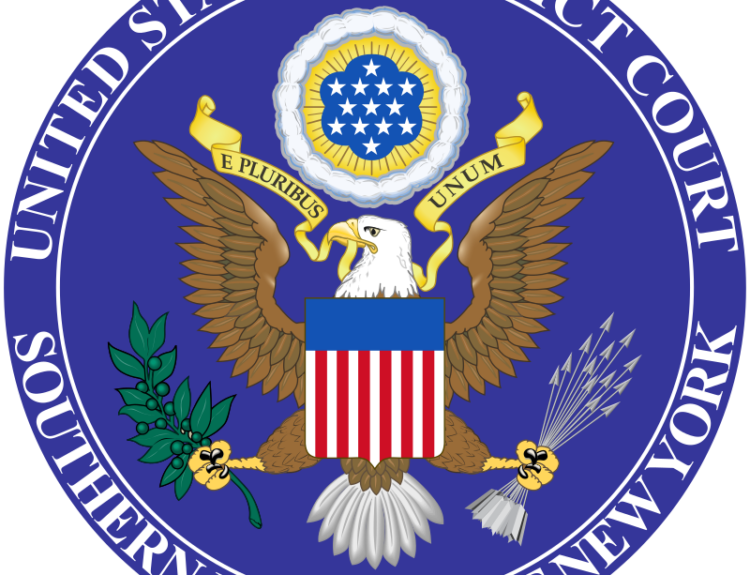Discover how to make the most of your money as interest rates fall.
- The Federal Reserve is expected to cut interest rates, impacting savings accounts and CDs.
- Retail assets in money-market funds have surged to nearly $2.6 trillion.
- Financial advisers recommend shopping around for the best rates on cash holdings.
- Investors should consider locking in current yields before rates drop further.
- High-yield savings accounts may not provide significant long-term returns.
- It’s important to balance cash holdings with long-term investments like stocks.
As the Federal Reserve prepares to cut interest rates, the era of easy 5% returns on cash is coming to an end. This shift will likely lead to lower interest rates on high-yield savings accounts and money-market funds in the near future. Over the past two years, Americans have invested trillions into these accounts, with retail assets in money-market funds reaching nearly $2.6 trillion, up from about $1.5 trillion in September 2022. Financial experts suggest it’s time to reassess your cash strategy. If you’re planning to keep cash, it’s wise to compare options for the best returns. For those considering certificates of deposit (CDs) or Treasury bonds, acting quickly is advisable, as banks may soon reduce their offerings. While the immediate effects of the Fed’s rate cut may not be as drastic as previous adjustments, such as the drop in I bond rates in 2022, it’s still crucial to stay informed. Some savers, like Munro Richardson, are already making moves, purchasing short-term T-bills before the anticipated cuts. As rates decline, the competition among banks will intensify, and the highest-yielding CDs may still offer better returns for a limited time. For example, a top 1-year CD recently offered a 5.1% yield, translating to $255 in annual interest on a $5,000 investment. However, if rates drop to 4.6%, that would reduce annual interest by $25. While high-yield savings accounts have been attractive, they won’t make you wealthy; they merely help protect your cash from inflation. It’s essential to determine how much cash you need for emergencies and short-term expenses, keeping that in a high-yield account or investing in a CD or bond that matures when you need it. For funds not needed for at least a decade, consider longer-term investments like stocks. Financial planners warn against the temptation to chase higher returns through stocks for short-term gains, as this can be risky. Instead, focus on a balanced approach to cash holdings. As the Fed adjusts rates, remember that banks may not communicate changes in interest rates as proactively as they do when rates rise. Stay vigilant and proactive in managing your cash to maximize your financial health.·
Factuality Level: 7
Factuality Justification: The article provides a generally accurate overview of the expected changes in interest rates and their implications for savings and investment strategies. However, it includes some subjective opinions from financial planners that could be interpreted as bias, and there are instances of redundancy in discussing the impact of rate changes on different financial products. Overall, while the article is informative, it could benefit from a more objective presentation of facts.·
Noise Level: 8
Noise Justification: The article provides a thoughtful analysis of the implications of the Federal Reserve’s expected rate cuts on savings and investment strategies. It includes relevant data, expert opinions, and actionable insights for readers on how to manage their cash holdings in light of changing interest rates. The content is focused and avoids irrelevant information, supporting its claims with evidence and examples.·
Private Companies: education nonprofit,healthcare software company
Key People: Ben Smith (financial planner), Munro Richardson (runs an education nonprofit), Valerie Rivera (financial planner), Matt de Silva (works at a healthcare software company), Philipp Schnabl (finance professor at New York University)
Financial Relevance: Yes
Financial Markets Impacted: The article discusses the impact of Federal Reserve rate cuts on high-yield savings accounts, money-market funds, and certificates of deposit, which directly affects financial markets and consumer savings behavior.
Financial Rating Justification: The article focuses on the implications of changing interest rates set by the Federal Reserve, which is a key financial topic. It highlights how these changes will affect various financial products and consumer decisions, making it highly relevant to financial discussions.·
Presence Of Extreme Event: No
Nature Of Extreme Event: No
Impact Rating Of The Extreme Event: No
Extreme Rating Justification: The article discusses anticipated changes in interest rates and their implications for savings and investments, but does not report on any extreme event that occurred in the last 48 hours.·
Move Size: No market move size mentioned.
Sector: All
Direction: Down
Magnitude: Medium
Affected Instruments: Bonds
 www.wsj.com
www.wsj.com 





